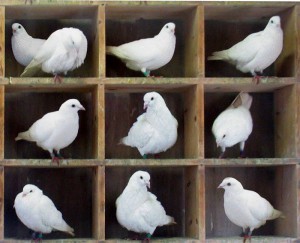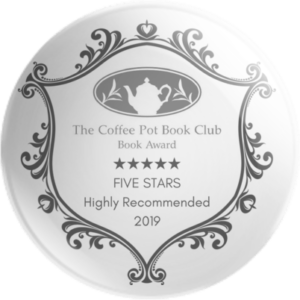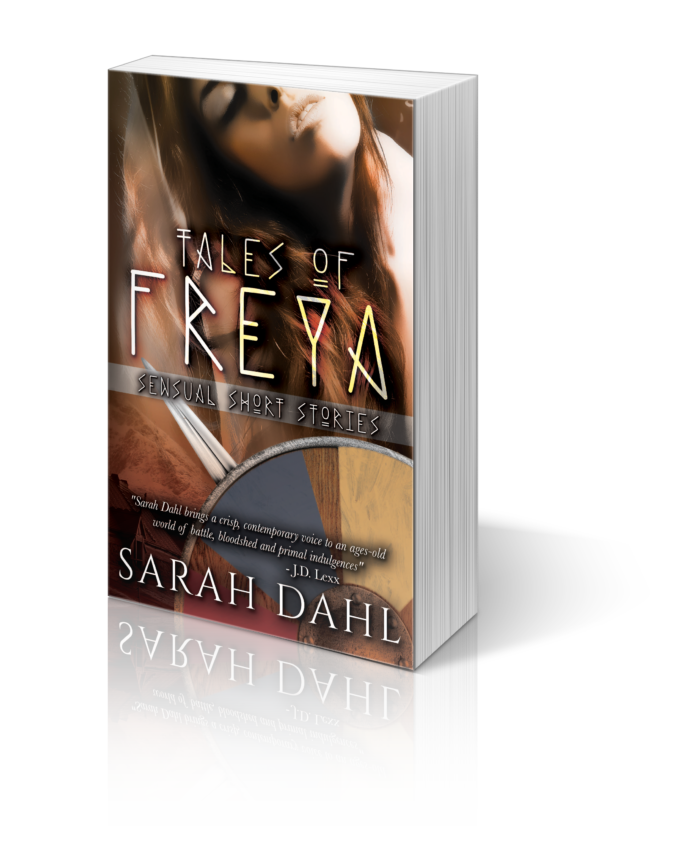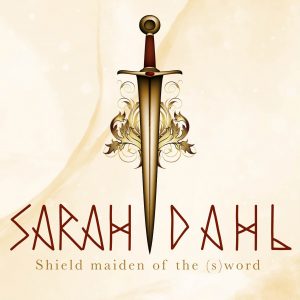Pigeonholing — Or the question of genre
This post is to prepare and pave the way for a series of oncoming blogs about my preferred genre(s) of writing. So first, I’ll dwell on the use of “genre” and stereotyping art, to then (in Part 2) do a kind of retrospect of how I ended up writing what I write — and why I stick to it for the time being. Or have no choice to do otherwise!
So here goes: PART 1:
Why do we have to use labels? At all? Isn’t that pigeonholing art? Is stereotyped thinking not a threat to art of all forms? Diminishing its worth to stand on its own?
I feel that — maybe especially in the American market, but I’m careful here — the industry, writers, readers etc. use certain stereotypes of genres to sort stories. I am always stunned that the first thing I read about a book/author is its genre. It makes sense, though, to have a label first that helps classify where something belongs. So one can relate and judge by what he already knows. But is that always justified and true to the work? Can or should ART be labelled?
I’m torn there. Yes, to name a genre for a story helps all involved to get a first impression, idea and concept of what to expect. Fine. A reader who prefers and seeks books in the romance genre will not want to read further when the book is labelled as horror — I assume.
For real core-of-the-genre writing this is great. You know your author for doing genre A, and you get A, not B or even Z.
You as a reader make sure to get what you like and save time. You can become a fan of something, because you like a genre and specific author(s). It gives you satisfaction.
You as author can build a following based on such fans of your genre or your specific work (and play) with that genre. Reliability is what comes in here. You have fans of a genre who stumble across your book, they like it, they label you/the work, and are likely to come back. All sides sorted. Great!
The industry/marketing/professionals (including agents, editors etc.) need such labels to be able to work with the art they are offered or have to sell. Thinking INSIDE the box helps to target a market.
Everyone has to specialise in some way. Nobody can become good at ALL forms of art.
All that’s fine. And then I think: what am I? Where am I? Do I need a label, do I want one? Or several? Do I have to specialise or didn’t I already?
Is thinking in stereotypes desirable? Do we need pigeonholing? Should we think outside or inside boxes?
One can argue that to grow a following and own credits you need to specialise and focus on a genre. Especially in the art of writing.
And then I think: visual artists have often NOT obeyed the demand to stick to a “genre”. Think of Picasso or several other world-famous artists, they not only painted, and experimented ALL their lives, they also sculpted, drew, worked with other materials and techniques. And nothing of that was ever wasted! Nobody would dare to argue that all those sculptures, drawings, trials and errors were wrong because they didn’t fit an expectation and didn’t satisfy a market or bring the same fame or money as their previous works.
I think for painters it has always been easier to justify experimenting.
Writers should be allowed the same artistic freedom. We not only should be allowed to experiment and develop skills (or failures) in all ways we think interesting/worthwhile. We should be kept outside boxes, pigeonholes and genre boundaries. We could throw in drawings, paintings, even origami, into a book if we want!
We can write cross-genre or even make up our own, with such wonderful terms like “Yarnpunk, Lovecraftian middle-grade romance, Geriatric BDSM space opera, Epic shenanigans, Picaresque lesbian cyborg sestinas, Preborn noir” … and several others the wonderful Chuck Wendig invented. Many authors, including the most successful (ask Stephen King or J.K. Rowling), claim to write outside the box (especially later in their careers) and to not entirely love genre boundaries and industry/readership expectations. It is risky.
But as an artist, I would always say it is worth it and we got the right if not even DUTY to try out everything that helps us grow. We develop further with experimenting and failure, much more than with repeating the same recipe for success over and over. And boxes don’t help there.
I do want to build a readership. Have loyal followers who want to read my work because they know what I deliver. So there’s that. But then I also want artistic freedom and need to try things and fail in order to grow.
I caught myself thinking it through backwards: I had written for years and in several genres (including contemporary thriller and crime) until I first wondered what box I would fit in:
What is MY genre(s)? Is it something I’d stick with and why? How did I end up in the pigeonhole and do I want to stay there and improve or break free and experiment? To maybe find I’m much better at something else, maybe something that can’t be easily labelled?
Part 2 of this topic will be posted tomorrow, just so I get a breath of air before it gets more personal and I reveal my own motivations. 🙂
Do you consider yourself bound to a specific genre? Why? Why not? Please leave comments on any of the touched aspects below! I’m eager to read them!





Comments (0)